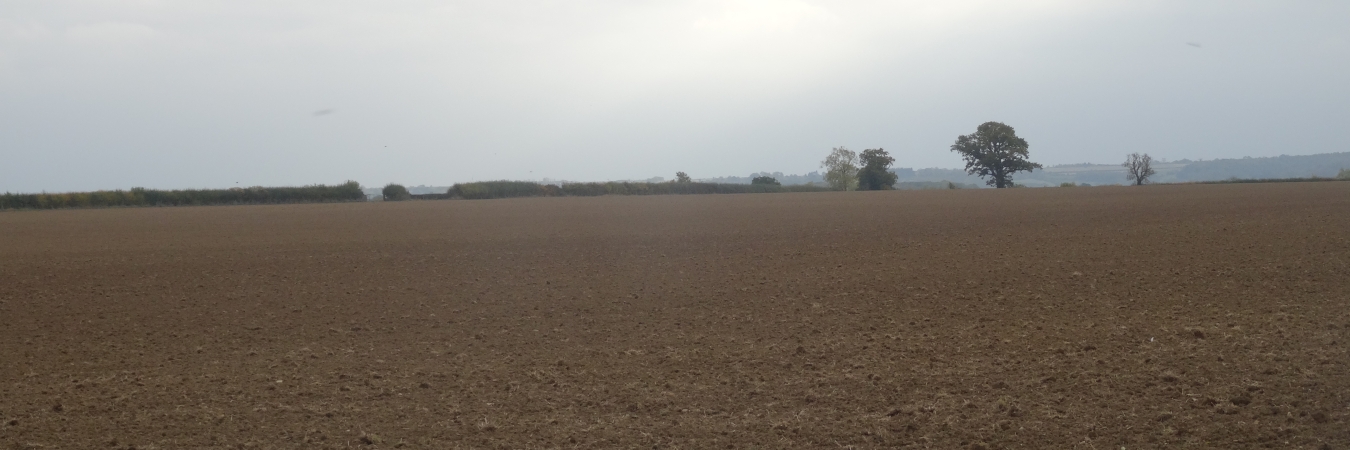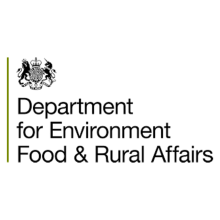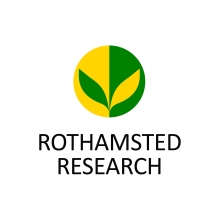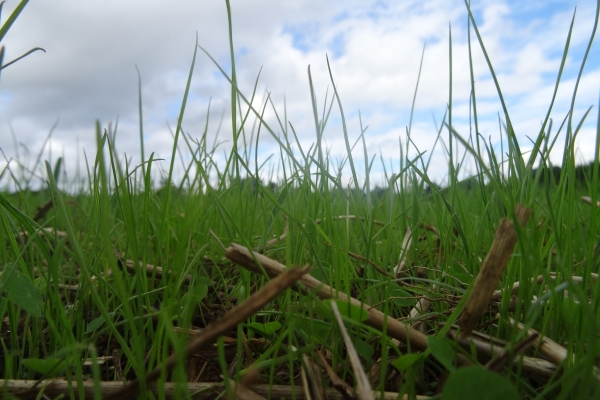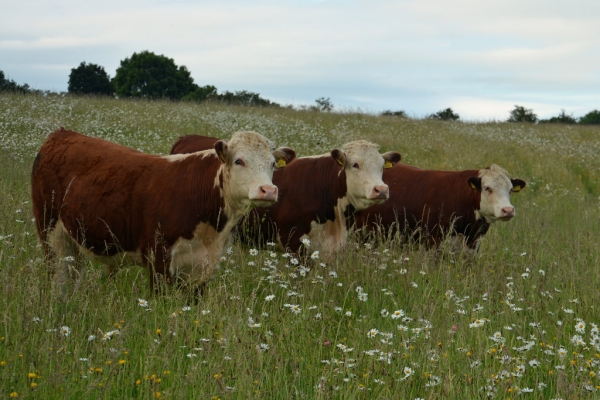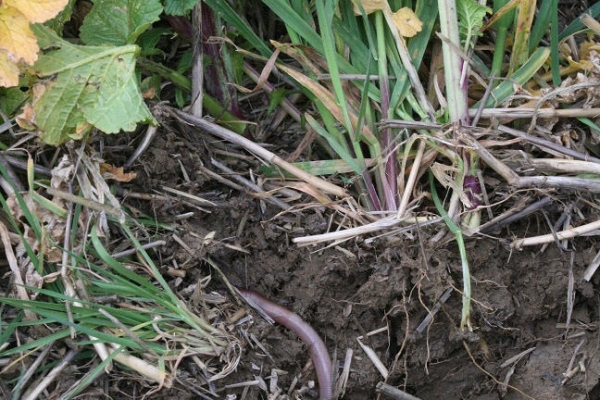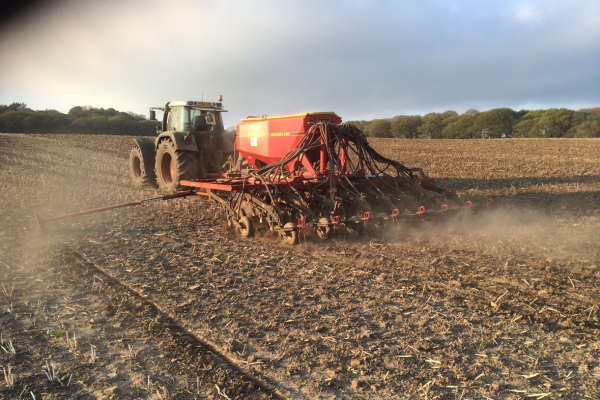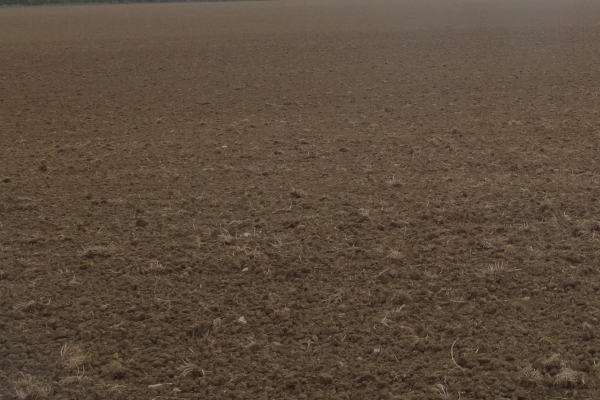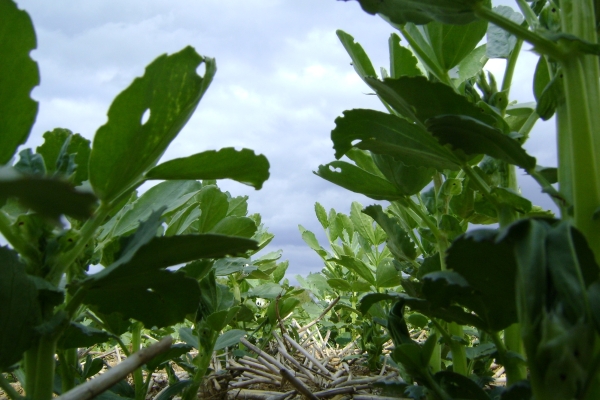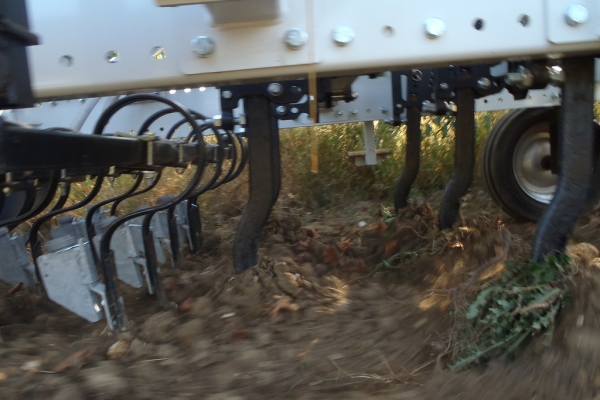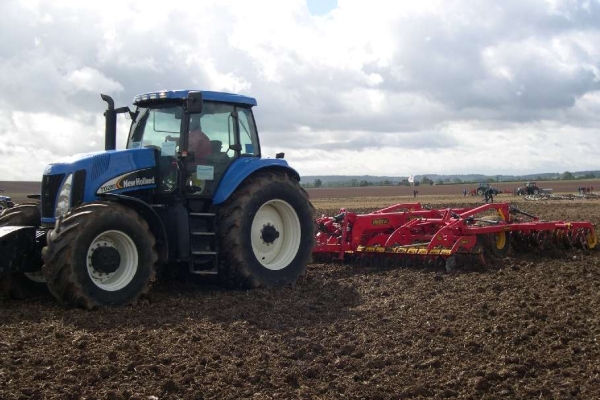The effects of reduced tillage practices and organic material additions on the carbon content of arable soils
Summary Report for Defra Project SP0561
.
Resource explained
Reduced tillage and recycling of organic materials to land are seen as ways of increasing the storage of carbon in agricultural soils. There are approximately 4.5 million hectare of tillage land in England and Wales, so even small increases in soil organic carbon (SOC) storage per hectare of agricultural land could lead to important increases in carbon storage at a national level. This report summarises results from a review (SP0561- main report) which looks at the extent by which reduced tillage practices and organic material returns could increase the organic carbon content of English and Welsh arable soils. It looks at the effects of reduced tillage practices and of organic material additions on SOC (based on a series of studies and long-term experiments), and the net carbon storage potential of both. It also mentions other climate change mitigation options.
Findings & recommendations
- The review shows limited scope for additional soil carbon storage/ accumulation from zero/reduced tillage practices and organic material applications. It raises questions about the implications for nitrous oxide emissions and the overall balance of greenhouse gas emissions.
- SOC accumulation is finite and reversible. SOC levels will only remain elevated if farming practices that influence it are continued indefinitely.
- Applying biosolids (treated sewage sludge), compost and paper crumble appear to offer the same level of CO2-C ‘savings’ that have been predicted for land-use change options (i.e. reversing arable land to permanent grassland, woodland or willow/poplar biomass production).
- It is really important to aim at maintaining existing SOC levels and avoid ploughing of permanent grasslands.
- The predominant justification for returning all organic materials to soil should be for maintaining existing SOC levels and completing natural nutrient and carbon cycles.
- Rather than additional carbon storage, the biggest benefits of reduced tillage can be to: help protect existing SOC levels, benefit soil water retention and prevention of erosion, and reduce production costs and energy use.
